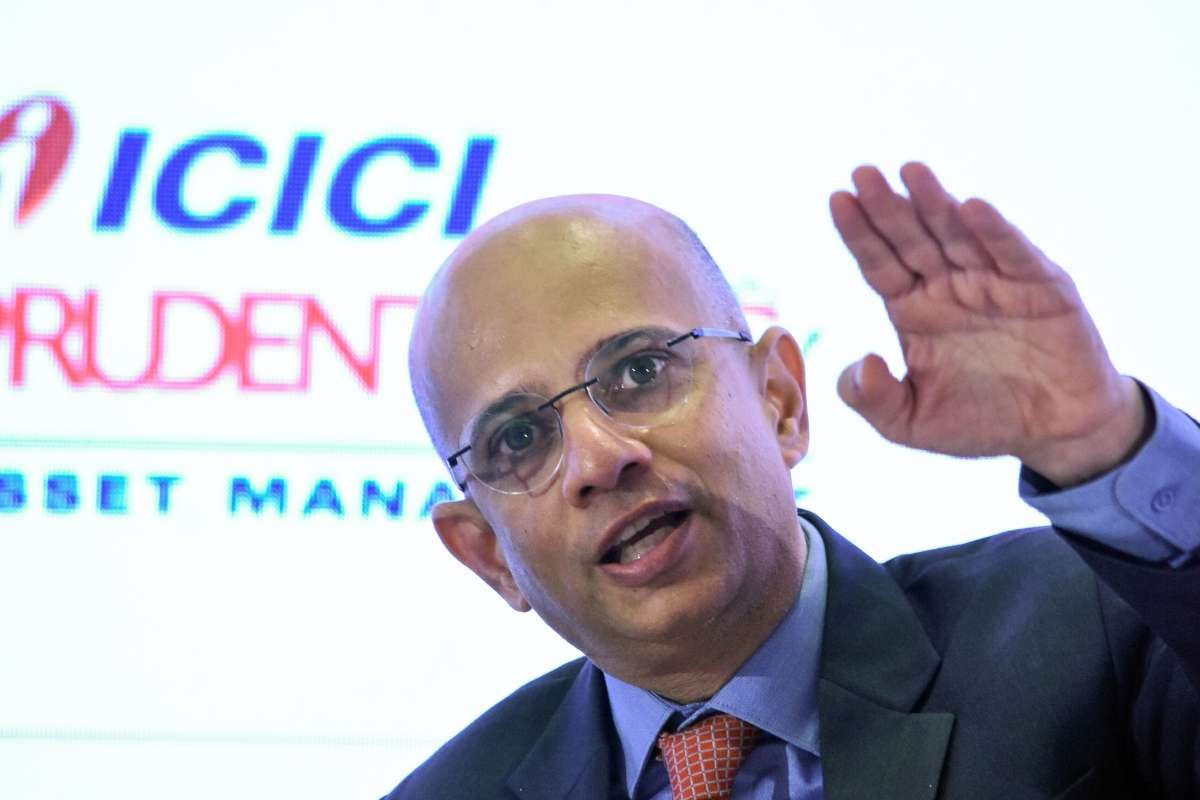In the realm of healthcare, diagnosis, and treatment planning are fundamental processes that significantly impact patient outcomes. Accurate diagnosis leads to effective treatment, which is crucial in a country like India, where diverse health challenges persist. This article delves into the intricacies of diagnosis and treatment planning, highlighting its importance, methodologies, and the unique aspects relevant to the Indian healthcare landscape.
Understanding Diagnosis and Treatment Planning
What is Diagnosis?
Diagnosis is the process of identifying a disease or condition based on the evaluation of clinical signs, symptoms, medical history, and diagnostic tests. In India, the complexity of diseases can vary widely, from communicable diseases like tuberculosis to non-communicable diseases such as diabetes and cardiovascular conditions.
What is Treatment Planning?
Treatment planning refers to the systematic approach healthcare providers use to decide the best course of action for a patient after a diagnosis. It involves setting goals, selecting therapeutic modalities, and considering patient preferences. In the Indian context, effective treatment planning also necessitates consideration of socioeconomic factors, cultural beliefs, and healthcare accessibility.
The Importance of Diagnosis and Treatment Planning

The significance of diagnosis and treatment planning cannot be overstated. Accurate diagnosis ensures that patients receive the right treatment, which is particularly vital in a diverse and populous country like India. Misdiagnosis can lead to ineffective treatment and complications, increasing the burden on healthcare systems.
Moreover, well-structured treatment plans enhance patient compliance, reduce healthcare costs, and improve overall health outcomes. In India, where healthcare resources may be limited, optimizing these processes is essential for the efficient use of available resources.
Steps Involved in Diagnosis and Treatment Planning
1. Initial Assessment
The first step in diagnosis and treatment planning is a thorough assessment of the patient’s health history, including any existing medical conditions, medications, and family health history. In India, where many patients may rely on family members for care, involving them in this initial assessment can provide additional insights.
2. Physical Examination
A comprehensive physical examination is crucial. Healthcare providers in India often face the challenge of limited time per patient, which can hinder thorough examinations. However, practitioners must strive to conduct detailed evaluations, as they can reveal critical clues about the patient’s condition.
3. Diagnostic Testing
Diagnostic tests play a pivotal role in confirming a diagnosis. In India, access to advanced diagnostic facilities may vary between urban and rural areas. Therefore, understanding the available resources and selecting appropriate tests based on accessibility is essential for effective diagnosis and treatment planning.
4. Developing a Treatment Plan

Once a diagnosis is confirmed, the next step is to develop a treatment plan. This plan should be personalized, considering the patient’s medical history, lifestyle, preferences, and cultural background. In India, practitioners often incorporate traditional medicine, such as Ayurveda, alongside conventional treatments to align with patients’ beliefs.
5. Monitoring and Evaluation
Ongoing monitoring and evaluation of the treatment plan are vital. In India, where follow-up appointments may be challenging due to logistical issues, healthcare providers must communicate effectively with patients about the importance of follow-ups and adherence to treatment regimens.
Challenges in Diagnosis and Treatment Planning in India
1. Limited Resources
Many healthcare facilities in India, especially in rural areas, face a shortage of essential resources. This scarcity can hinder proper diagnostic testing and treatment planning. Healthcare providers must be innovative and resourceful, utilizing available technology and community resources effectively.
2. Cultural Factors
Cultural beliefs can significantly influence patients’ decisions regarding diagnosis and treatment. Some patients may prefer traditional remedies over modern medicine, leading to complications in treatment adherence. Healthcare providers should be culturally sensitive and educate patients about the benefits and limitations of various treatment options.
3. Patient Education
Patient education is crucial for successful diagnosis and treatment planning. In India, there is often a knowledge gap regarding health issues. Healthcare providers must prioritize educating patients about their conditions and the importance of following prescribed treatment plans.
The Role of Technology in Diagnosis and Treatment Planning
Technology has revolutionized the healthcare sector, particularly in diagnosis and treatment planning. Telemedicine, electronic health records (EHR), and mobile health applications are increasingly being adopted in India, improving access to healthcare and facilitating better communication between patients and providers.
1. Telemedicine
Telemedicine allows healthcare professionals to conduct consultations remotely, bridging the gap for patients in rural areas. This technology enhances access to specialists and supports effective diagnosis and treatment planning.
2. Electronic Health Records

EHR systems streamline patient data management, enabling healthcare providers to make informed decisions based on comprehensive medical histories. In India, the implementation of EHRs is gaining momentum, significantly improving efficiency in diagnosis and treatment planning.
3. Mobile Health Applications
Mobile health applications empower patients to monitor their health, access information, and communicate with healthcare providers. These tools can enhance patient engagement and facilitate better adherence to treatment plans.
Conclusion
In conclusion, diagnosis and treatment planning are crucial processes in the healthcare system, particularly in India, where diverse health challenges exist. By following a structured approach, healthcare providers can ensure accurate diagnoses and effective treatment plans, ultimately improving patient outcomes.
As the healthcare landscape continues to evolve with technological advancements and increasing patient awareness, the emphasis on efficient diagnosis and treatment planning will be vital for addressing the unique needs of the Indian population.
Healthcare professionals must remain committed to ongoing education, cultural sensitivity, and the integration of innovative solutions to navigate the challenges and complexities of healthcare in India successfully. Through collaborative efforts, the ultimate goal of improved health for all can be achieved.
Did you find this article helpful? Visit more of our blogs! Business Viewpoint Magazine








